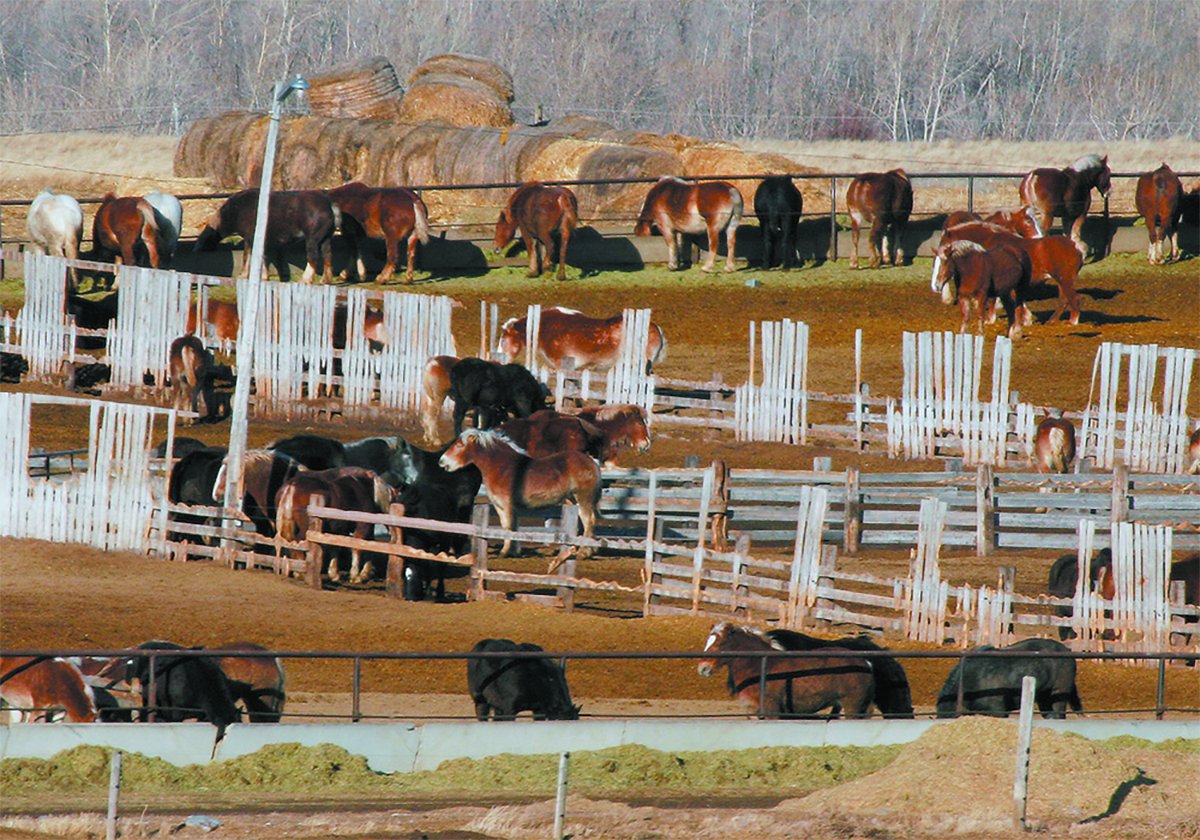While a deal is being inked with Japan to normalize North American beef exports, the live trade waiting game continues for Canadian cattle producers.
A rule to allow live animals back into the U.S. appears to have stalled until the American presidential election on Nov. 2. However, Canadians plan to be in Washington days afterward to renew pressure.
“Everything seems to be stalled and they expect this to move forward quickly after the election,” said Stan Eby, president of the Canadian Cattlemen’s Association.
“The Canadian cattlemen will be in Washington for lobby efforts on Nov. 4 and 5,” he said.
Read Also

Canada’s slaughter horse industry lacks transparency
The lack of clear reporting and public access to data keeps the industry largely hidden, leaving questions about humane treatment and traceability unanswered.
They have already consulted with strategists on how to tailor their message for the incumbent president George Bush or the challenger, senator John Kerry, if he takes over.
However, American beef industry officials said the election is not the deciding factor for resumption of live trade.
“Regardless of the outcome of the election, this agreement will continue because it does have bipartisan support,” said Jan Lyons, president of the National Cattlemen’s Beef Association.
While the Americans want to fast track trade rules with Asia, they continue to move slowly on opening borders to Canada. The delay is due to the complexity of regulations for live animals, said Terry Stokes of the NCBA.
“We clearly see there are two separate tracks between what is going on in how we resume trade with Canada and also how we resume trade with Japan,” Stokes said.
“We are talking not only about boxed beef, but live cattle, feeder cattle, breeding stock. There are a number of complexities related to how we trade with Canada compared to Japan where primarily we are talking about Wagyu beef and animals in controlled feeding environments,” he said.
NCBA economist Gregg Doud said Canada is now shipping more processed beef to the U.S. than it did in pre-BSE periods.

















